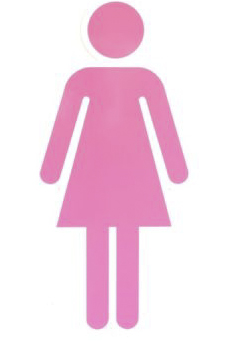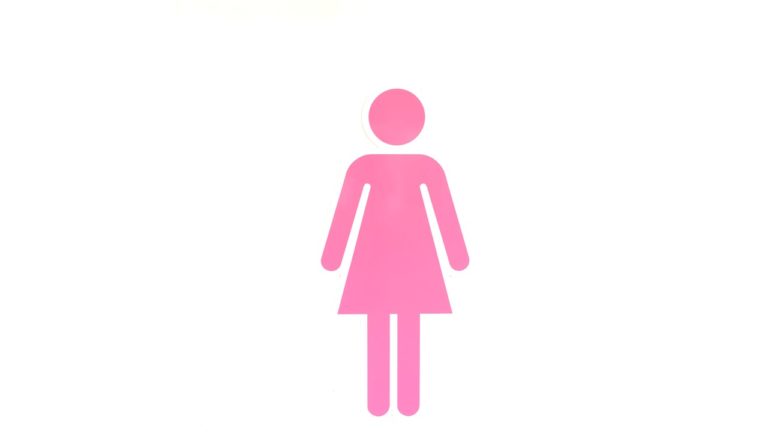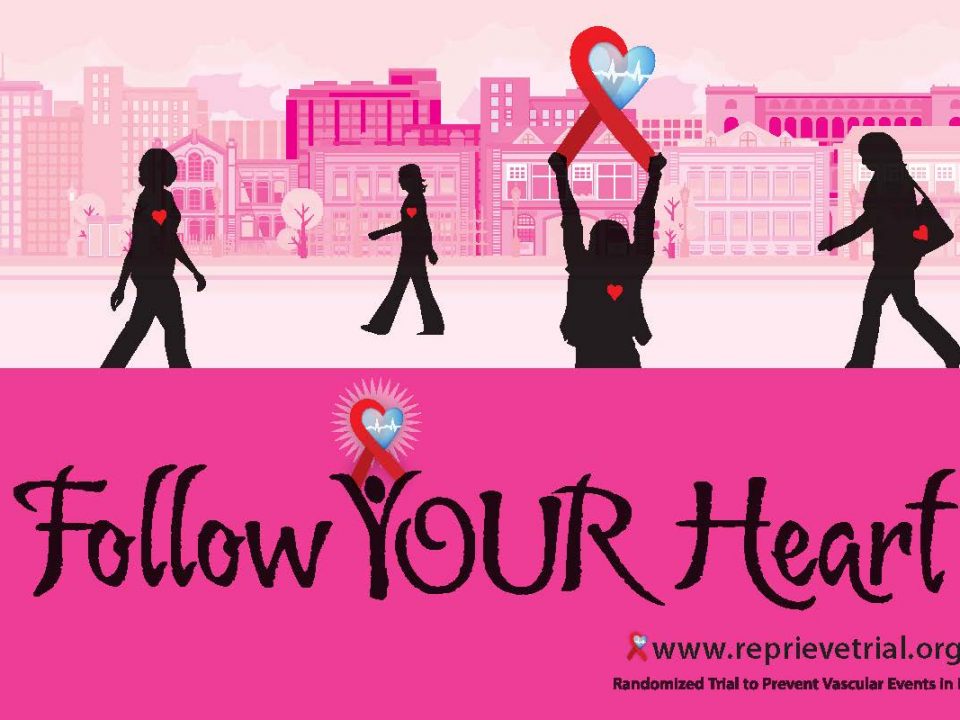By Sara E. Looby
During midlife, many women begin to experience symptoms related to menopause such as mood swings, sleep problems, and hot flashes. These symptoms can be bothersome and interfere with the quality of life.
Women with HIV may already experience depressed mood, sleep problems, and hot flashes/night sweats related to HIV or social/medical conditions before entering menopause. For this reason, it is hard to know if these symptoms are related to menopause or HIV. It is also unclear if HIV is affecting menopause symptoms or if menopause is affecting HIV symptoms. This uncertainty may be upsetting to women with HIV at midlife.
What Does Research Show?

- Menopause Symptoms: While more research is needed to better understand menopause and menopause symptoms in women with HIV, some studies have found that menopause symptoms may be worse or happen more often in women with HIV compared to women without HIV 1-4. Menopause symptoms may also affect adherence to HIV medication5-6.
- HIV Symptoms at Midlife: A recent study looked at HIV symptoms in women with HIV grouped by menstrual status: amenorrheic women (women with no period in the past year or more) and menstruating women (women with a period in the past year)7. The study showed that women who were amenorrheic reported worse muscle aches/joint pains, fatigue, and difficulty falling asleep, compared to women who were menstruating, even when considering important factors like age, other illnesses, and length of time living with HIV7.
Findings from these studies are important as they can help healthcare providers and women with HIV work together to identify symptoms and discuss ways to improve symptoms at midlife.
These findings also help researchers identify future topics for study so we can learn more about symptoms of midlife women with HIV.
Helpful Suggestions!
- Attend your healthcare appointments! It is always important to share your symptoms with your healthcare provider.
- Talk to your healthcare provider about menopause at your next visit. You can start by asking:
- What is menopause?
- What are symptoms of menopause?
- How can I help take care of my menopausal symptoms if I am experiencing these
- Talk to your healthcare provider about the types of symptoms you are experiencing. You may want to share the following information:
- When the symptom started.
- If it is a new symptom.
- If the symptom is worse at different times during the day or night.
References
1 Looby SE, Shifren J, Corless I, et al. Increased hot flash severity and related interference in perimenopausal human immunodeficiency virus-infected women. Menopause. Apr 2014;21(4):403-409.
2Miller SA, Santoro N, Lo Y, et al. Menopause symptoms in HIV-infected and drug-using women. Menopause. May-Jun 2005;12(3):348-356.
3 Looby SE, Psaros C, Raggio G, et al. Association between HIV status and psychological symptoms in perimenopausal women. Menopause. Jan 29 2018.
4 Agaba PA, Meloni ST, Sule HM, et al. Prevalence and predictors of severe menopause symptoms among HIV-positive and -negative Nigerian women. Int J STD AIDS. Nov 2017;28(13):1325-1334.
5 Maki PM, Rubin LH, Cohen M, et al. Depressive symptoms are increased in the early perimenopausal stage in ethnically diverse human immunodeficiency virus-infected and human immunodeficiency virus-uninfected women. Menopause. Nov 2012;19(11):1215-1223.
6Duff PK, Money DM, Ogilvie GS, et al. Severe menopausal symptoms associated with reduced adherence to antiretroviral therapy among perimenopausal and menopausal women living with HIV in Metro Vancouver. Menopause. Dec 4 2017.
7 Schnall R, JH, Olender S, Gradilla M, Reame N. In people living with HIV (PLWH), menopuase (natural or surgical) contributes to the greater symptom burden in women: results from an online US survey. Menopause 2018; 25:744–752



